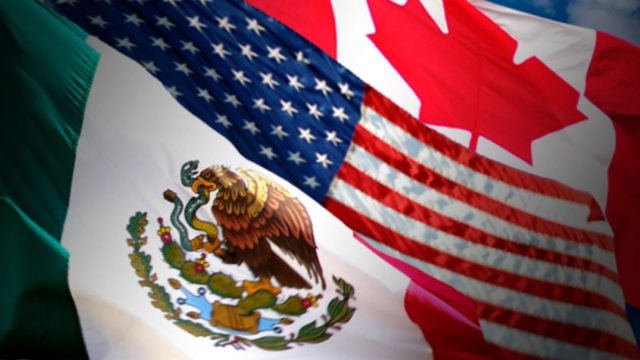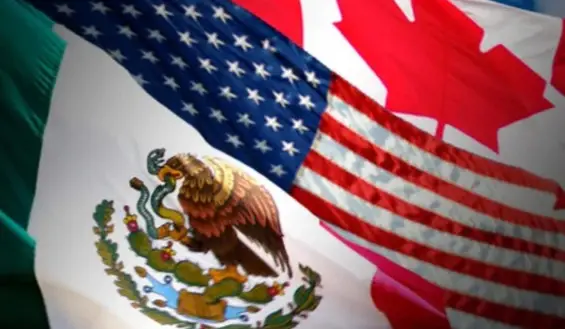
The Ministry of Economy warned that the times when universities taught that it was best to remove tariffs and migrate to free trade are long gone, since after the Covid-19 pandemic and the war between Ukraine and Russia, Mexico is beginning to change the paradigm by leaving globalization behind and moving towards regionalization.
“From what we had of globalization we are moving to a scenario of regionalization (…) what is going to be happening (not only in the North American region, but in the world) is that after Covid and the war in Europe we realized how susceptible or risky it is to have components all over the world and not be able to assemble them here,” said the Undersecretary of Foreign Trade, Luis Rosendo Gutiérrez.
He assured that the United States is less concerned about market and price reasons than about reasons of national security and connection to its territory, and that role and that new paradigm is Mexico having to live and face.
“But this challenge is full of opportunities for Mexico, because Mexico, with everything that the United States wants to bring to its region, can be the big winner of all this. The United States is currently importing 52% of its batteries from Asia. It is importing everything that we use in our phones, particularly what has to do with Apple,” he said during his participation in the 30th Mexican Foreign Trade Congress organized by the Mexican Council of Foreign Trade of the West (Comce).
“Everything comes from Asia. So, the United States is interested in bringing a good part of its supply chains and Mexico has everything to offer, everything, because we are very competitive, because we have talented labor, because we have a strong business, industrial plant,” he said.
Given this panorama, the official reported that the Ministry of Economy has spoken with large exporting and importing companies, such as automotive, electronics and semiconductor companies.
He said that they have been told that Mexico is strategic and invited them to change a percentage of their imports to the country.
“We did not think that Mexican businessmen and importers from around the world would be so receptive and optimistic about bringing investments. What these companies told us about bringing to Mexico was more than 10 billion dollars,” he said.
To make these investments a reality, Luis Rosendo Gutiérrez reiterated that Claudia Sheinbaum’s government seeks to develop clusters of agglomeration and national talent, as well as to encourage industries such as semiconductors, electric cars, batteries, rare minerals, electronics, medical equipment and petrochemicals.
“We are designing with the Ministry of Finance an incentive program very much in the style of what was done in the United States, in the Inflation Act and in the Chips Act, to support the chip or semiconductor industry in our country, and on the other hand also support this technology industry, high technology, batteries, electric cars, rare minerals, etc.,” he said.
Source: forbes






